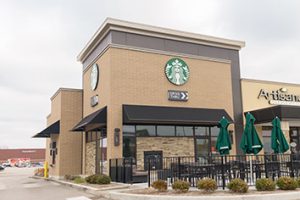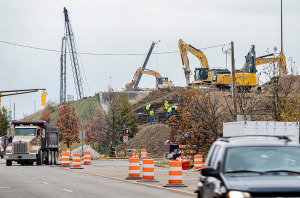
IRS braces for the unthinkable: A normal tax season
After its controversial funding boost, the agency is answering 90 percent of its phone calls, has squashed its backlog of overdue returns, introduced new online taxpayer tools to keep pace with private software companies and processed 99.7 percent of returns filed this tax season, according to agency reports.















